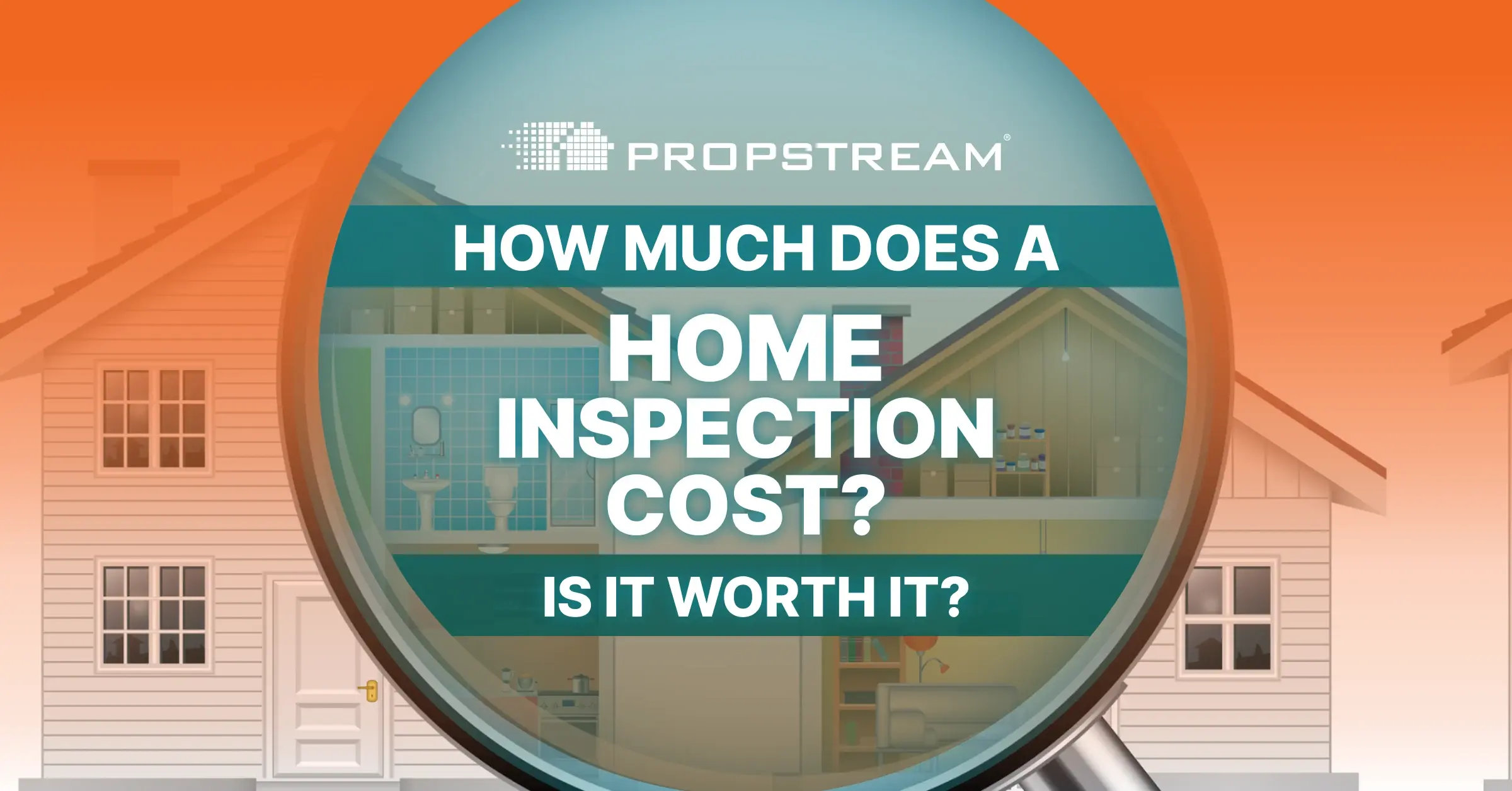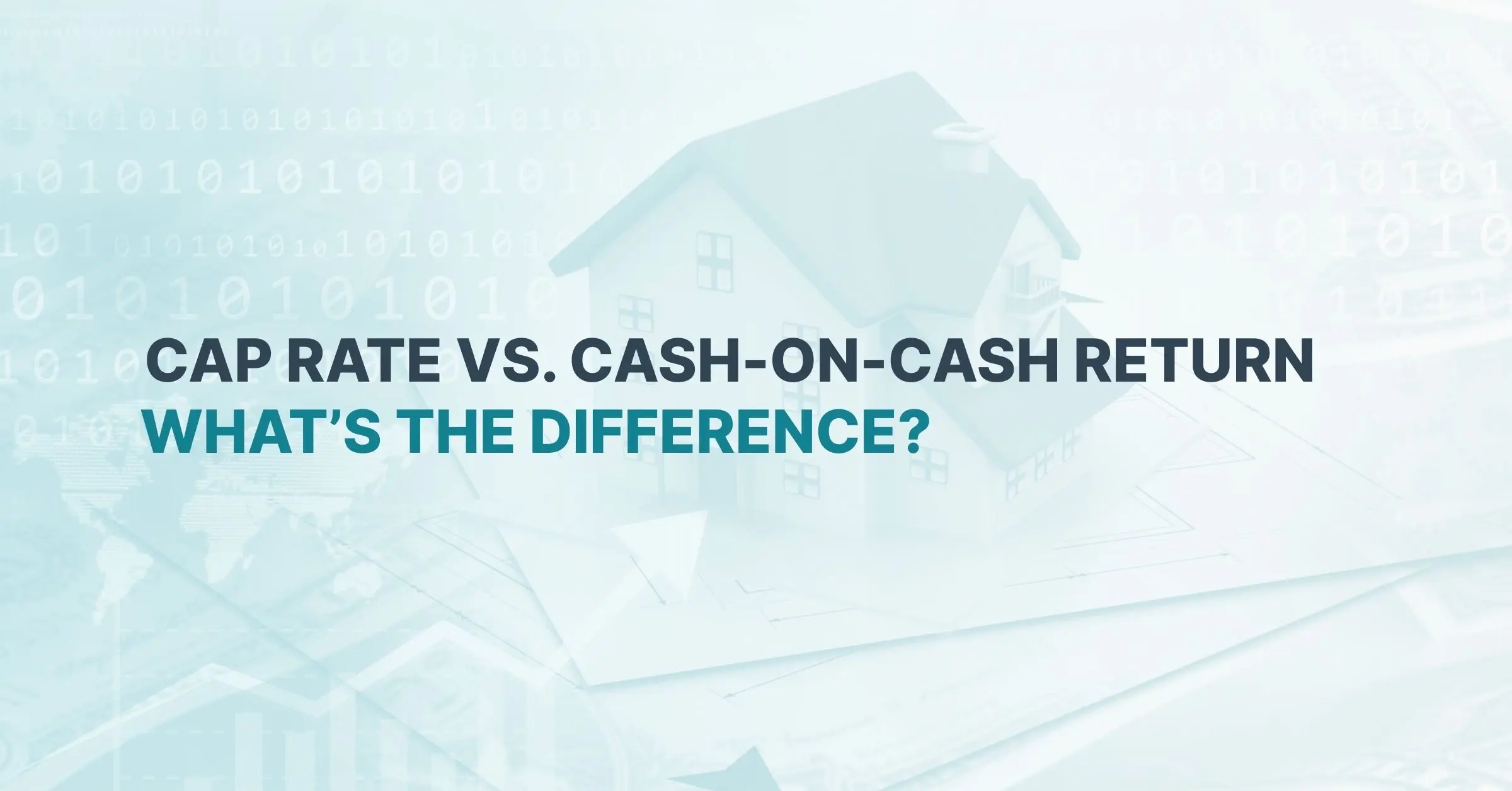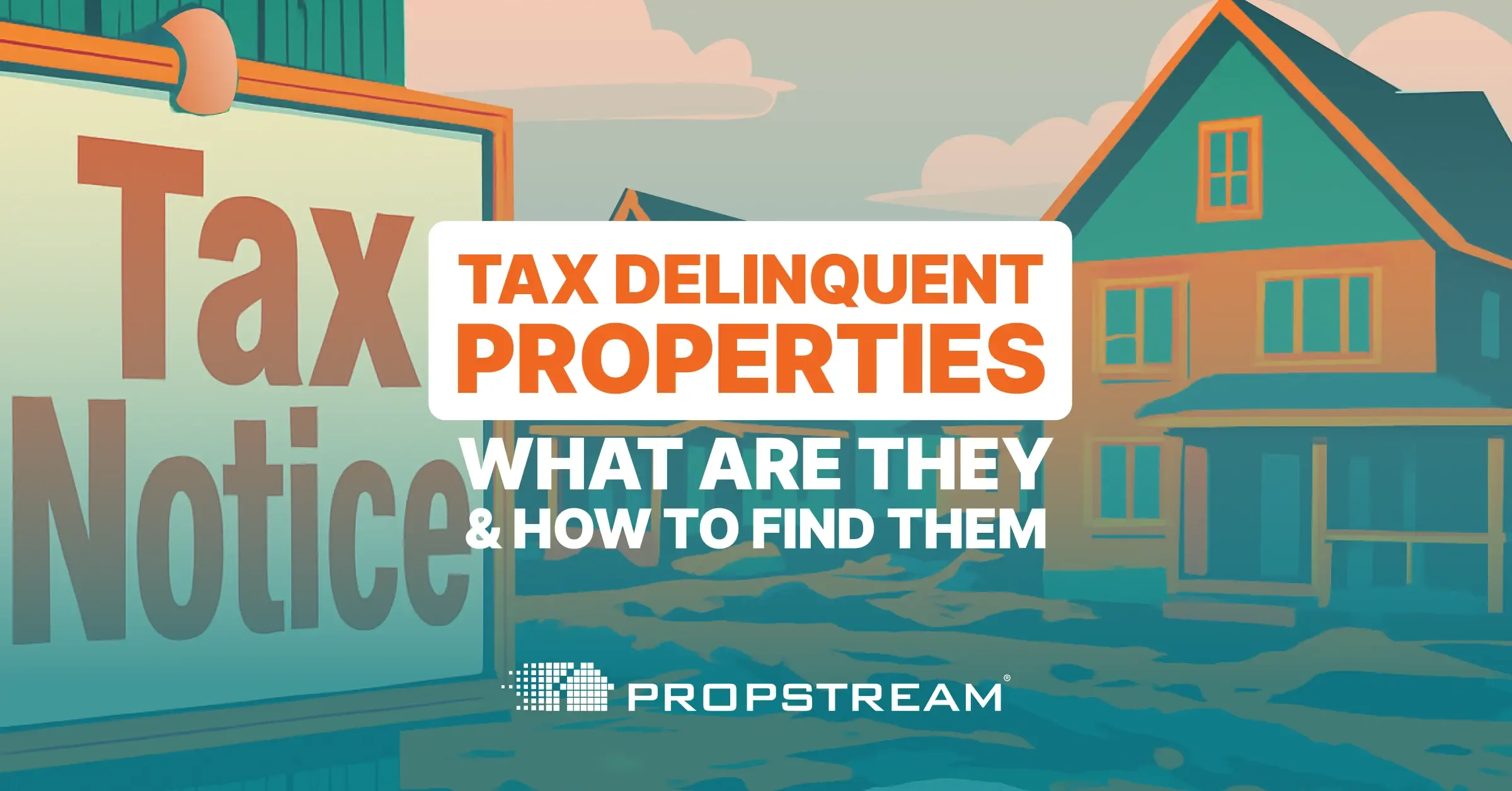Disclaimer: PropStream does not offer investing advice or make profit promises. This article is for educational purposes only. We recommend consulting financial professionals and/or doing your due diligence before getting landlord insurance or investing in rental property.
|
Key Takeaways:
|
What would you do if your rental property caught fire tomorrow? Hopefully, your tenants would evacuate safely, and their losses would be minimal. But what about your property? To ensure you don’t suffer a financial loss on top of the logistical chaos, you need landlord insurance.
In this article, we’ll define what landlord insurance is, what it does and doesn’t cover, and how you can use it to mitigate risks and avoid costly surprises.
What Is Landlord Insurance?
Landlord insurance protects rental owners from the financial toll of property damage, liability claims, and the loss of rental income due to covered events like fires and natural disasters. As with other types of insurance, you pay a monthly premium for coverage.
While this expense may cut into your profit margins, it can be a smart way to mitigate the risk of an unexpected financial loss—especially one that could put your business under. Plus, most lenders require you to get landlord insurance when financing rentals anyway.
Difference Between Landlord Insurance and Homeowners Insurance
Though often confused, landlord insurance and homeowners insurance are not the same.
Homeowners insurance only covers owner-occupied properties, while landlord insurance only covers tenant-occupied properties. In other words, while they cover some of the same types of property damage and risks, they apply to different types of property use.
Furthermore, since tenants are more likely to damage or litigate injuries sustained on a property, landlord policies generally cost 25% more than standard homeowner policies.
What Does Landlord Insurance Cover?
Landlord insurance policies vary, but most cover the following:
Property Damage
Any property damage resulting from a fire, storm, wind, hail, lightning, etc., is typically covered under landlord insurance. Some policies also cover damage to detached structures, such as garages and fences, or personal property, such as appliances or landscaping equipment.
Liability Protection
Imagine a tenant is injured on your property (think slipping on an icy sidewalk or falling down a broken stairway). If the tenant sues you and you’re found responsible, you may need to pay medical, legal, and other expenses—unless you have landlord insurance with liability coverage.
Rental Income Loss
If your rental becomes uninhabitable due to a covered peril, such as fire or storm damage, landlord insurance may temporarily cover lost rental income while the property is restored. However, it won’t cover lost rent due to planned renovations or a tenant’s failure to pay.
What Does Landlord Insurance Not Cover?
%20(1).png?width=730&height=486&name=LANDLORD%20(4)%20(1).png)
Now that you know what landlord insurance typically covers, here’s what it won’t cover:
Maintenance and Repairs
Landlord insurance won’t cover maintenance and repair costs resulting from normal wear and tear. These are considered operating expenses. However, depending on the damage and the property’s age, repairs may be covered by a home warranty.
| Pro Tip: Use PropStream’s Rehab Calculator to estimate repair costs before taking a rental off the market. |
Tenant Belongings
Any damage or loss of tenant belongings typically isn’t covered under landlord insurance. However, tenants can get their own renter’s insurance for this, and you may want to encourage or even require them to (depending on state law).
Owner-Occupied Property
Since landlord insurance is for tenant-occupied property only, it won’t cover your home, even if you rent out part of it (aka house hacking). In this scenario, it’s best to ask your homeowners insurance provider if you can add coverage for the section of your house that you rent out.
Additional Coverage Options
If your landlord insurance policy doesn’t cover all you want, consider adding any of the following “endorsements” to your policy:
- Vandalism: This covers the cost to repair or replace vandalized items on your property, such as graffiti. Keep in mind, however, that the coverage typically only applies to properties that have been occupied in the last 90 days.
- Burglary: This covers any property damage or loss caused by a burglary. It usually only applies to properties that have been occupied in the last 90 days.
- Vacancy: This can protect your home against covered losses even if your property is unoccupied. As a result, it may be a smart investment if you anticipate longer vacancies.
- Building code: This covers costs related to bringing your rental property up to code, e.g., if your rental needs repairs and a new building code forces you to make upgrades.
- Under construction: If you're building a rental from the ground up, this can cover your property while it’s under construction.
| Note: Most landlord insurance policies don’t cover flood damage, even as an endorsement. Instead, you’ll need to get a separate flood insurance policy from the National Flood Insurance Program (NFIP) or a private insurer. In fact, if your property is in a high-risk flood area and you have a government-backed mortgage, you may be required to get flood insurance. |
The Benefits of Landlord Insurance for Real Estate Investors
As a real estate investor, landlord insurance is first and foremost a financial protection. For example, you never know when a severe storm could leave your property uninhabitable, or a tenant might get hurt and decide to sue you.
With landlord insurance, you can mitigate the financial impact of these risks, making your rental cash flow and returns more predictable and ultimately giving you peace of mind.
When to Get Landlord Insurance
Get landlord insurance as soon as your property becomes a rental. This could be after you move out of your primary residence or buy a new investment property and list it for rent online.
Furthermore, you should get landlord insurance whether you list the property as a long-term or a short-term rental (STR), though the latter may require a STR-specific landlord policy.
Key Considerations When Choosing a Policy
Of course, not every landlord insurance policy is created equal. To get the best coverage for your rental and situation, make sure to:
- Shop around. Compare different insurance providers by their rates, coverage level, terms, and reputation. Read their online reviews to see what other clients have to say.
- Read the fine print. Check for exclusions that outline what the policy won’t cover, deductibles that must be paid before the insurance kicks in, and payout limits above which the insurance won’t pay.
- Consider replacement cost coverage. This ensures that the insurance will cover the cost to replace or repair damaged property with new materials of a similar kind and quality, without deducting for depreciation.
Use PropStream to Spot Potential Property Risks Before Buying!
.jpg?width=1252&height=834&name=LANDLORD%20(1).jpg)
To ensure the wisest investment strategy, you’ll want to gauge property risks before buying, in addition to getting adequate landlord insurance. With PropStream, you can research over 165 million properties nationwide and filter them by location, size, age, condition, ownership information, and much more.
This way, you can generate investment leads that suit your desired condition and ensure there are no surprises after you’ve closed.
Frequently-Asked Questions (FAQs)
What does landlord insurance cover?
Landlord insurance mainly covers property damage, liability for tenant injuries, and rental income loss due to a covered peril making the property uninhabitable.
Is landlord insurance required by law?
No, but many lenders mandate that you have landlord insurance before financing a rental.
How much does landlord insurance cost?
Landlord insurance costs vary by market, property type, and coverage level, but it’s usually about 25% more expensive than regular homeowners insurance.
Does landlord insurance cover all natural disasters?
It usually covers some natural disasters (like fire or wind). However, floods and earthquakes typically require separate policies.
Will landlord insurance cover my tenant’s belongings?
No, tenants need their own renters’ insurance to protect their personal belongings.
What does landlord insurance not cover?
Landlord insurance doesn’t cover maintenance and repairs, tenant belongings, or owner-occupied properties (among other things).



